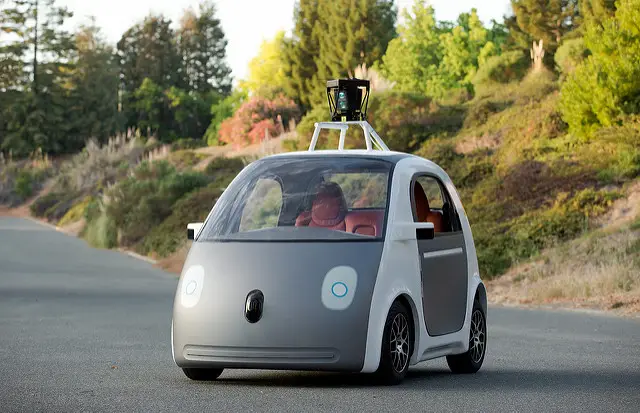Jonathan Dodd’s latest column. Guest opinion articles do not necessarily reflect the views of the publication. Ed
I recently went to a talk, at the excellent Café Scientifique, in Shanklin. I didn’t even know anything like that existed, until my wife pointed it out and suggested I might like it. The talk was about driverless cars, and it was given by Professor Neville Stanton, of Southampton University. I was expecting a lot of technological talk about how the project is progressing, with timelines and graphs, and a lot of technical chat about coding and engineering difficulties, but it wasn’t like that at all.
It turned out that Prof Neville is a psychologist, and his field of expertise is in studying and gathering data about human interactions with machines, specifically our love of cars and driving, and how we transition from driving all the time to being driven, without even the gruff opinions of most taxi drivers. He described being driven round a circuit by a Range Rover back in 1992, gingerly trying to keep his hands off the steering wheel. So we’ve already been working on the idea for 25 years.
Tesla was mentioned quite a lot, for various reasons
Technology is always going on, and we only get to hear of it when some company wants us to buy their latest mobile phone, or if something happens, usually a crash. Tesla was mentioned quite a lot, for various reasons. It is now the most valued car manufacturer in the world, even though it has created relatively few actual cars. It’s the first car that is on the roads now, supposed to be able to drive you from Point A to Point B without incident.
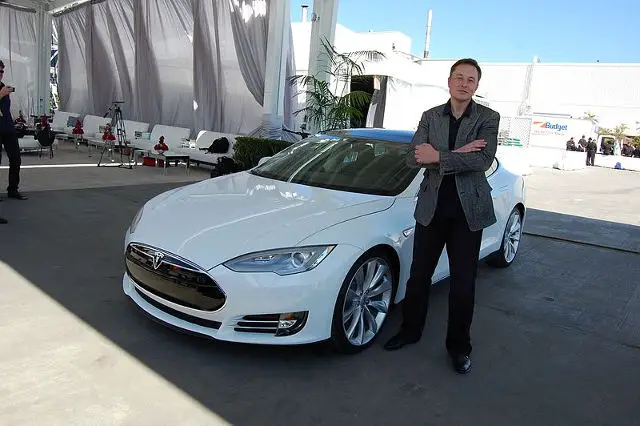
Tesla gathers an enormous amount of information from every journey made by every Tesla owner in all parts of the world. There’s even one at least on the Island. I know, I’ve seen it, although I haven’t heard it, because it’s entirely electric as well as capable of travelling without its driver’s contribution. I wonder how much driverless travel its driver does on our roads. There has now been a fatal accident involving a Tesla, and it has caused a certain amount of controversy.
It’s a nightmare for everyone but the lawyers, of course
This is the world that Prof Neville works in, and it was very stimulating. Since this accident happened, everyone has been trying to work out whose fault it was, whose responsibility it is, and who’s going to have to pay. There are a lot of players involved. The driver, Tesla, the insurance company, and the governments of the US and Florida, because they licensed the car for use on the roads. It’s a nightmare for everyone but the lawyers, of course.
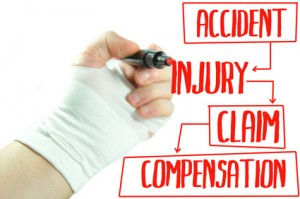
The most interesting thing that Prof Neville talked about was not the difference between people driving cars and the car driving itself, but in the gap between, the interregnum, while the technology gets better, but isn’t good enough yet. It turns out that drivers on the planet kill 1.2 million people every year, and the hope is that this number will go down considerably when all cars are driverless. But in the meantime, there’s a problem with the interaction.
Some people take a long time to get back into the driving zone
We all know how scary it can be when someone loses their attention while driving. There have been some horrible accidents lately because of lorry drivers looking at their phones. The trouble with human drivers comes from this loss of attention, and also from the sheer boringness of modern driving, with endless motorways and nothing to keep you awake or alert. Driverless cars can take that out of the equation, but they can’t be trusted yet to drive in all circumstances completely safely.
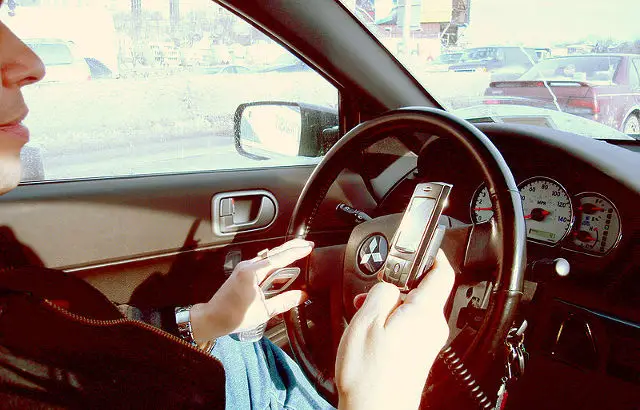
This means that you can switch off for long periods, and the car alerts you when you need to take over. But some people take a long time to get back into the driving zone, and they might have to act quickly. You can imagine that they were reading a book, or having a drink, or snoozing for a bit, and they have to drag their attention away and look at what’s happening. The biggest problem in technology is those moments when the observer has to re-engage their brain, and take over, because the technology isn’t ready or allowed to take the important decisions.
The most boring thing in the world
We’re quite good at paying attention for long periods when there are lots of things to do. But technology reduces our role to watching, and just waiting for the moment when we want to spring into action. That is the most boring thing in the world, and we’re not made to do that. So Prof Neville’s life-work is trying to guide us through that difficult transition between being completely responsible and having nothing to do. Some of us will hate to have to trust the machine, and some of us can’t wait.
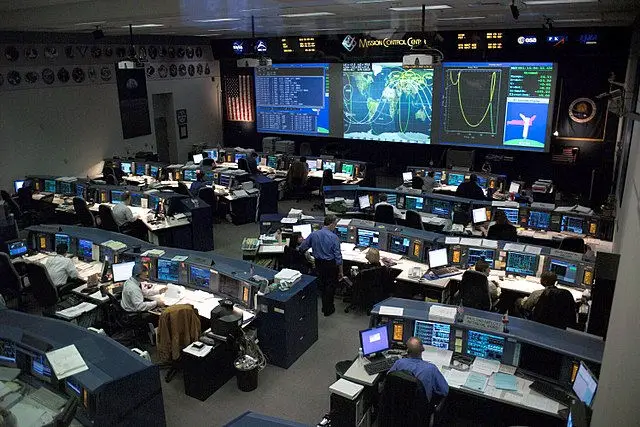
We never think about who’s driving the train when we get on and settle down with a good book, and, in theory at least, trains could be automated right now. We don’t wonder if the plane is taking off or landing by itself, we’re just passengers. But we love to drive our cars. Or rather, we used to love driving our cars, when there really was an open road, and there weren’t many cars, and they didn’t go very fast anyway. Nowadays driving isn’t anything like as much fun, and it’s so highly regulated.
It’s going to be a bit complicated and a bit messy
My dad never even took a test. He got a licence, bought a car, and off he went. He would hate what we have to do now to get from one place to another, so the driving experience is a lot less attractive than it used to be. And there will come a time when all cars are driverless, and when real people won’t be allowed to drive themselves. By then there will be very few accidents. While we changing over, it’s going to be a bit complicated and a bit messy.
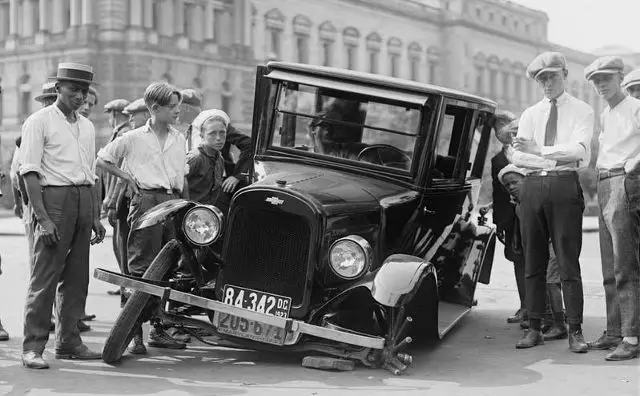
We have to manage the change as well as we can, and the development of the technology will be complicated by new ideas and new entrants into the market, and new technologies that will change the rules in the middle of the game. When Stephenson invented railways, Parliament earnestly debated whether people could survive travelling at more than 25 miles per hour, and the earliest horseless carriages had to have a man walking in front of them waving a red flag. The first cars had the same design as carriages, with an engine at the front rather than a horse. Today’s electric and driverless cars are still evolving from the same origin.
There’s going to be a lot less for us all to do
We’re at a bit of a crossroads in technology nowadays, with everything becoming more automated, and consequently the human involvement in design and manufacture becoming less and less. We have a lot more people, and there’s going to be a lot less for us all to do. We haven’t really begun to think about any of it yet. Prof Neville is working at one of those frontiers, and he loves his work. He gave a very interesting talk, and his audience was able to follow his lines of thought and engage with the things he struggles with every day.
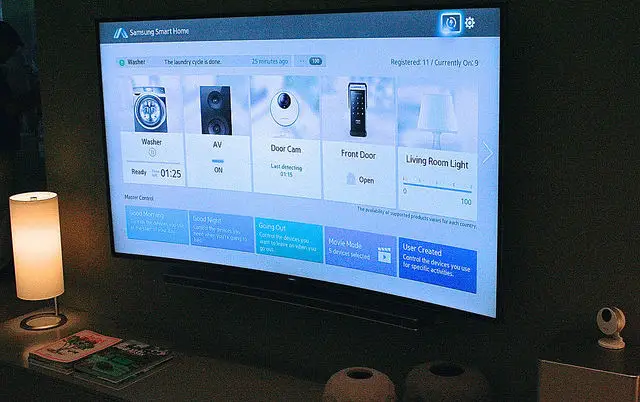
I try to keep up, but I wouldn’t know where to start if I wanted to study any of it. I find myself reading a lot of science fiction, and I enjoy thinking about how much of it is prophetic and how much gets it wrong. I think the research people must read science fiction as well, because SF writers are describing things that don’t yet exist, and the researchers want to make new things that don’t yet exist too. It reminds me of the carless drivers and the driverless cars.
No need to worry about fuel and tax and MoTs, and where you’re going to park
I like to think ahead, in whatever direction my mind takes me. I hear things on the news too. For instance, a project has been accelerated to try to produce human organs in the laboratory, because they have realised that driverless cars could cause less accidents on the roads, therefore the supply of spare organs could dry up. I wonder whether people will not even bother to buy cars in the future, because what’s easier than pressing a button on your phone and waiting for one to turn up and take you where you want to go, without having to worry about fuel and tax and MoTs, and where you’re going to park?
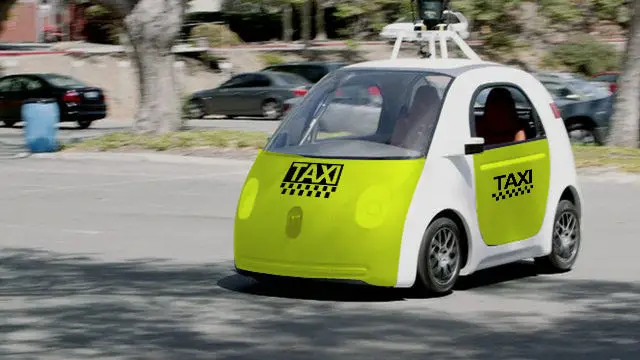
It’s already very impractical to own a car in a large city, and it might not be so necessary to live in cities in future, because driverless cars or vans could possible get to places they can’t manage nowadays, so your shopping could arrive at your mountain-top house and be packed away in your cupboards while you work from home.
There will always be exceptional people, but not very many of them
My biggest problem, with the way we’re going, is I can’t imagine what all these billions of people are going to do with themselves. Will we all start making hand-made things, because everything will be machine-produced and therefore unindividual? Will we all become writers or actors or make films? Or will we descend into anarchy and hopelessness?
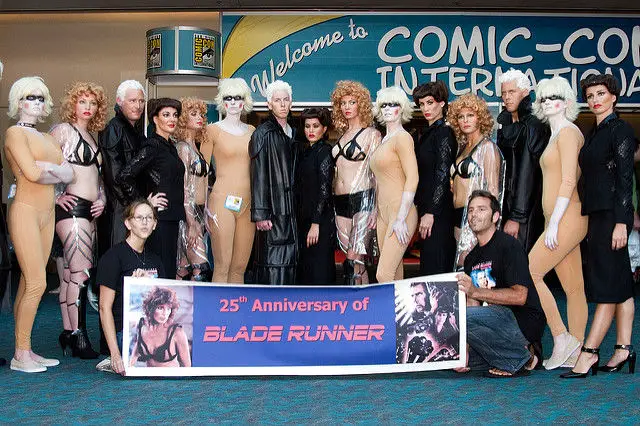
I’ve been watching the Astronaut competition on TV recently, and it strikes me that there will always be exceptional people, but not very many of them, and they will be boldly going to explore brave new worlds with the help of all that technology. What are the rest of us going to be doing?
Very interesting. And exciting. Rather like a roller coaster
I think we’ll all have to be paid enough to live on, whether we work or not. If we make some more money, that’s up to us. But will there be enough of everything to allow us all to live and be happy? There doesn’t seem to be enough to go round right now, even in so-called sophisticated societies like ours. And who will be making the decisions anyway? The next few years are going to be very interesting. And exciting. Rather like a roller coaster.

They’ve always been driverless, haven’t they?
If you have been, thank you for reading this.
Image: smoothgroover22 under CC BY 2.0
Image: Maurizio Pesce under CC BY 2.0
Image: injurylawyersanluisobispo under CC BY 2.0
Image: Ed Poor under CC BY 2.0
Image: NASA under CC BY 2.0
Image: pixabay under CC BY 2.0
Image: codeofthenew under CC BY 2.0
Image: sndrv under CC BY 2.0
Image: scragz under CC BY 2.0
Image: Alexas Fotos pixabay under CC BY 2.0

